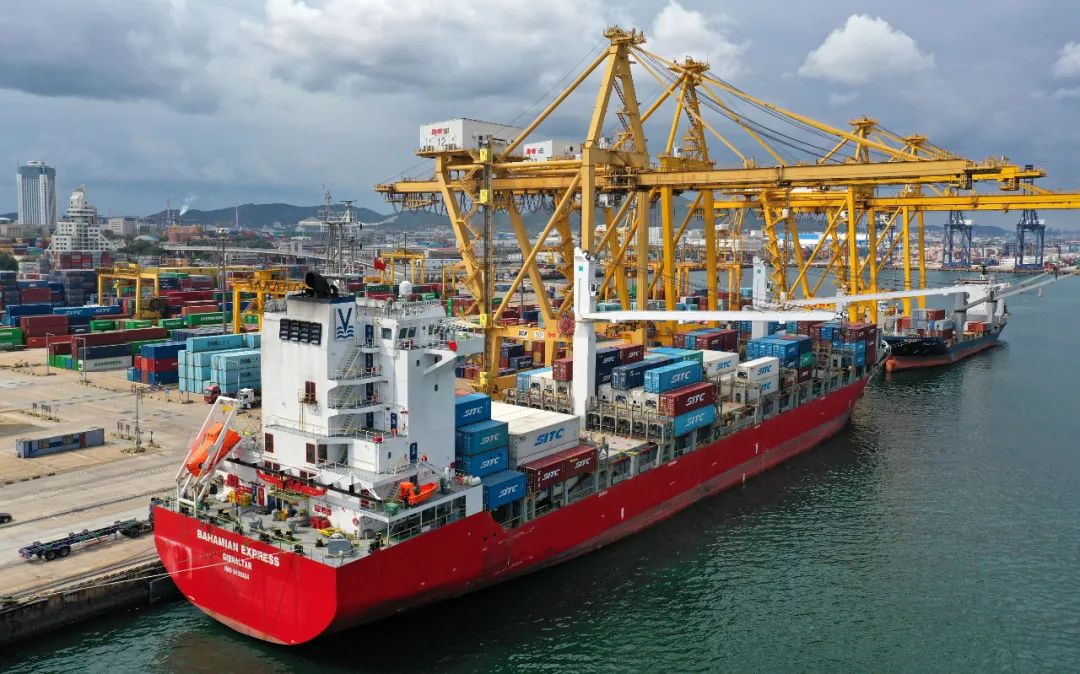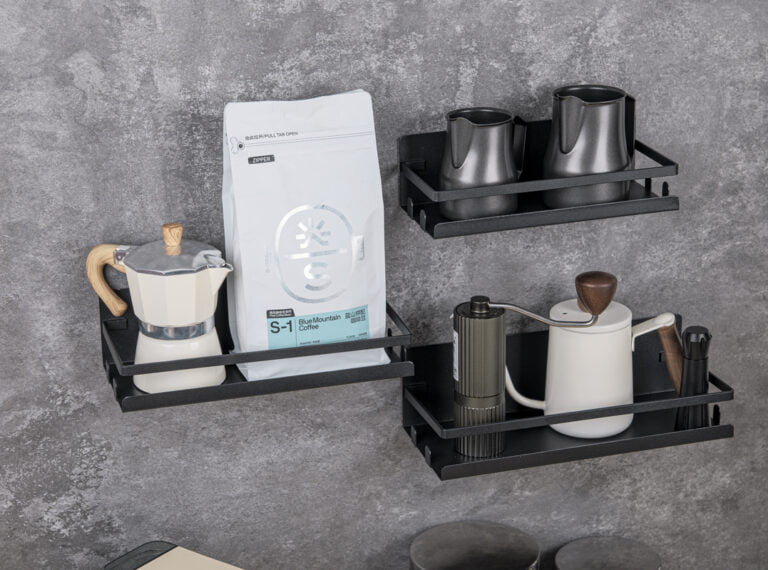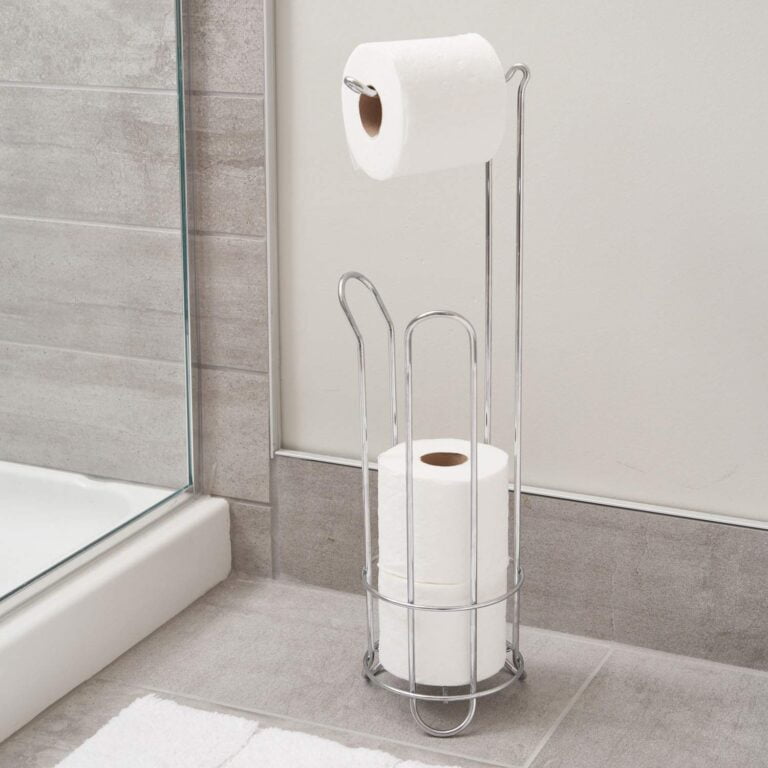What do importers need to know about European gpsr?

Introduction to European GPSR
The European General Product Safety Regulation (GPSR) ensures that products marketed within the European Union (EU) meet stringent safety criteria. As an importer, understanding and complying with GPSR is not only a legal obligation but also critical to ensuring the safety of consumers.
Key Requirements for Compliance
Importers need to be aware of several key requirements under the GPSR. Firstly, all products must be accompanied by relevant technical documentation that demonstrates compliance with safety standards. This includes risk assessments, testing reports, and safety data sheets. Secondly, importers must ensure that every product has clear and comprehensive instructions for use, including safety warnings.
Responsibilities and Liabilities
Importers hold significant responsibilities under the GPSR. They must conduct due diligence to verify that the products they import comply with applicable safety regulations. This involves working closely with manufacturers and suppliers to ensure all necessary information and documentation are accurate and up-to-date. Importers are also liable for any safety issues that arise from products they place on the market. Thus, maintaining robust traceability systems is critical.
Market Surveillance and Enforcement
Market surveillance authorities (MSAs) actively monitor products to ensure compliance with GPSR. Importers must cooperate with these authorities by providing timely access to documentation and allowing product inspections. Failure to comply with GPSR can result in severe penalties, including product recalls, fines, and in some cases, prohibition of product sales within the EU.
Conclusion
In summary, importers play a crucial role in ensuring product safety within the EU market. By thoroughly understanding and adhering to the European General Product Safety Regulation, importers can safeguard consumers, maintain compliance, and contribute to a safer marketplace.









I do agree with all of the ideas you’ve presented in your post. They are really convincing and will certainly work. Still, the posts are very short for beginners. Could you please extend them a bit from next time? Thanks for the post.